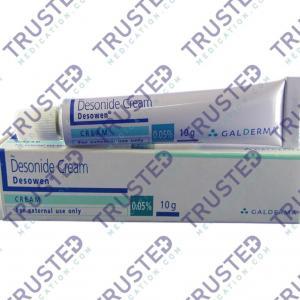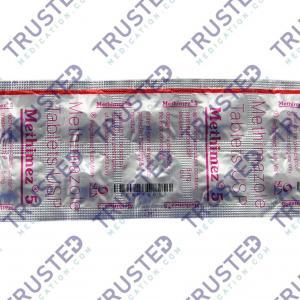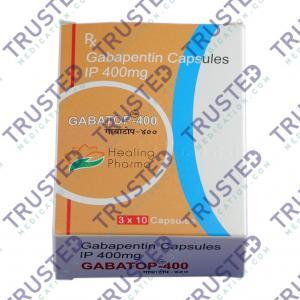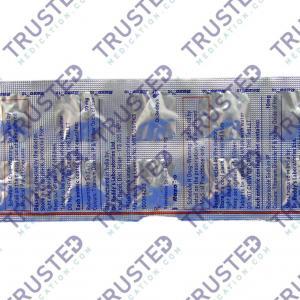
Having diabetes means you are more likely to develop heart disease. People with diabetes are also more likely to have certain risk factors, such as high blood pressure or cholesterol. These risks may increase the chances of having a heart attack or a stroke.
If you have diabetes, you can protect your heart and health by managing your blood glucose, also called blood sugar. You can also protect yourself by controlling your high blood pressure and cholesterol. If you smoke, get help to stop.
What is Diabetic Heart Disease?
Diabetic heart disease is a term for heart disease in people with diabetes. If you have diabetes, you are much more likely to develop heart disease or have a stroke than people who don’t have diabetes. And you may start having these problems at a younger age. Over time, the effects of high blood sugar from diabetes can include damage to your heart’s blood vessels and nerves. This damage increases your chance of developing heart diseases, including:
- Coronary Artery Disease (CAD). It happens slowly as a sticky material called plaque builds up in the arteries that supply your heart muscle with blood.
- Heart failure. With this condition, your heart can’t pump enough oxygen-rich blood to meet your body’s needs.
- Cardiomyopathy is a group of diseases in which the heart muscle may become thick or stiff.

Your risk for heart disease is also higher if you:
- Are male
- Smoke
- Have obesity
- Have too much belly fat around your waist, even though you’re at a healthy weight
- Have a family history of heart disease
- Have chronic kidney disease
What Are The Symptoms Of Diabetic Heart Disease?
In the early stages, the heart disease usually has no symptoms. But if your heart disease worsens, you can have symptoms. Your symptoms will depend on the type of heart disease you have. They might include:
- Shortness of breath
- Fatigue
- Dizziness or fainting
- Arrhythmia (problem with the rate or rhythm of your heartbeat)
- Swollen feet and ankles
- Chest pain
It is essential to know that people with diabetes may not feel chest pain. That’s because diabetes can damage the nerves in your heart. If you have any symptoms that could be heart disease, talk with your health care provider.
How Do You Treat Diabetic Heart Disease?
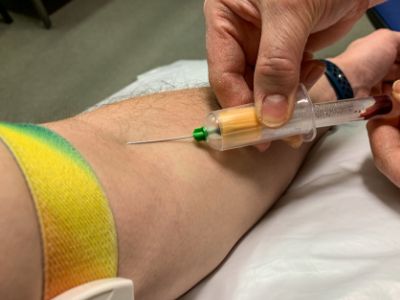
To find out if you have diabetic heart disease, your provider will:
- Ask about your medical history, including your symptoms and other health conditions you may have
- Ask about your family history to find out if you have relatives who have or have had heart disease
- Do a physical exam
Likely run some tests to help understand your risk for heart disease, including:
- Blood tests to check your cholesterol, triglycerides, and blood sugar levels
- A blood-pressure check
- Heart tests, if needed
Your provider may send you to a cardiologist for care, depending on your risk level. If you have heart disease, treatment will depend on your type of heart disease.
You may be able to prevent heart disease or keep it from getting worse by working with your provider to:
- Control your blood sugar levels
- Manage other conditions you may have that can raise your risk for heart disease
- Take any medicines your provider prescribed
- Make heart-healthy habits part of your daily life
- Follow a healthy eating plan for diabetes
Medication used to manage type 2 diabetes:
- Sitagliptin is a very effective medication for controlling diabetes by controlling the sugar level. It prevents your condition from getting worse. Sitagliptin is an effective drug. It reduces your risk of a heart attack. Many have proved that this drug effectively works to treat type II diabetes. Sitagliptin belongs to the DPP-4 inhibitor group of medication. This medicine works by increasing the incretin in your body. It’s a substance released in the intestine. This drug improves the incretin, including the amount of insulin level. Sitagliptin reduces the amount of sugar level produced in the body.

